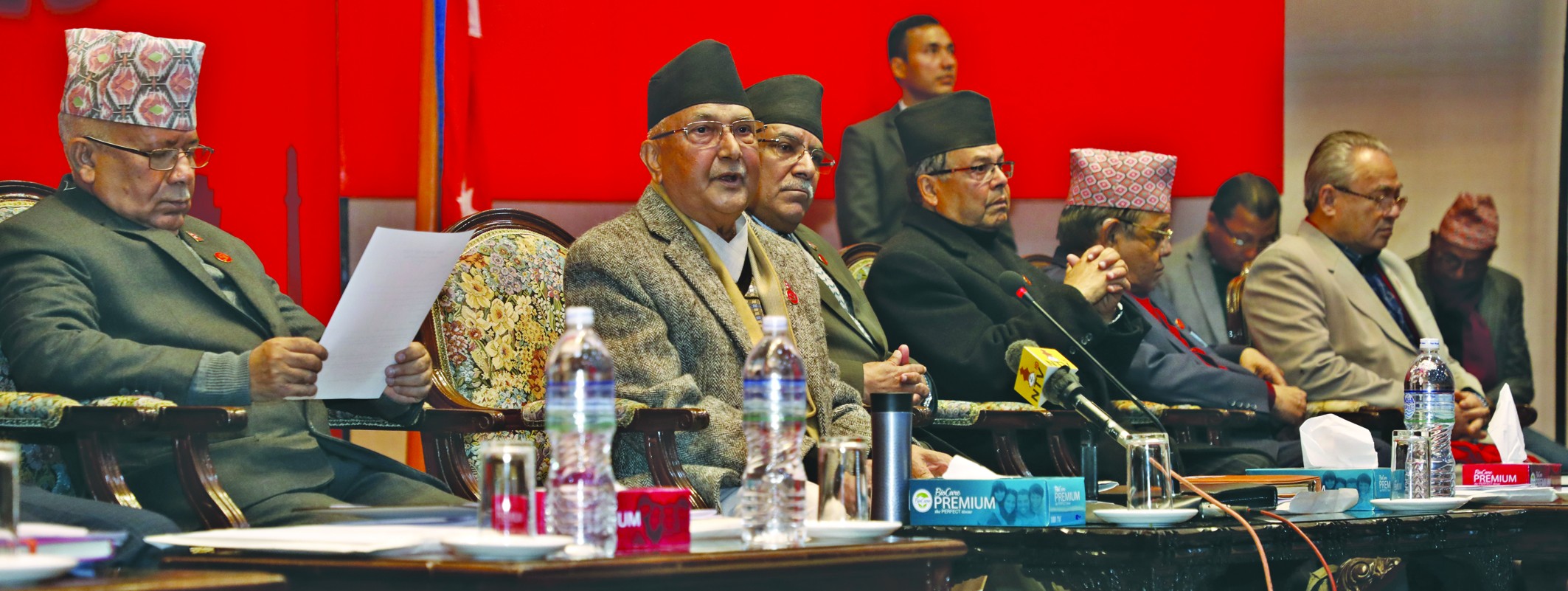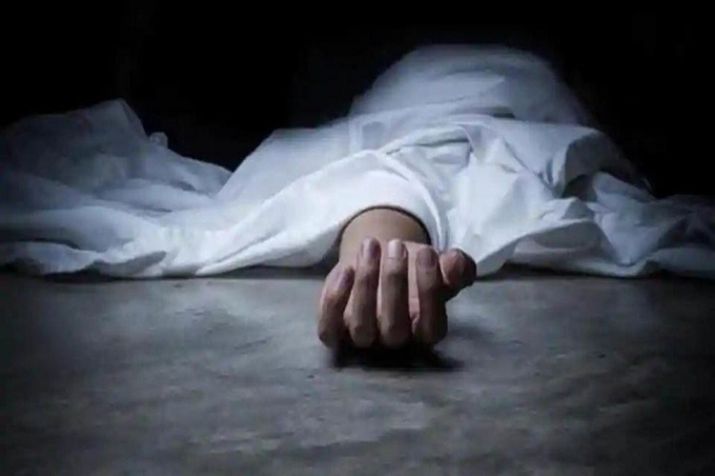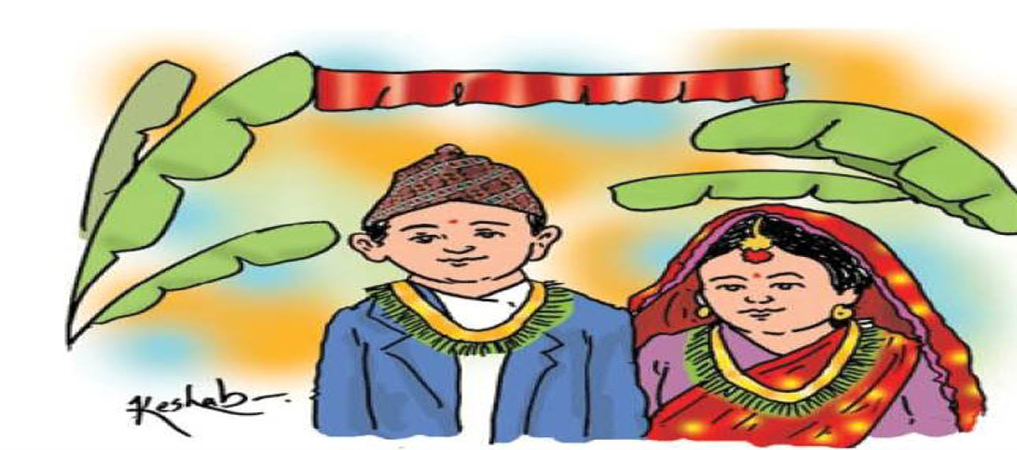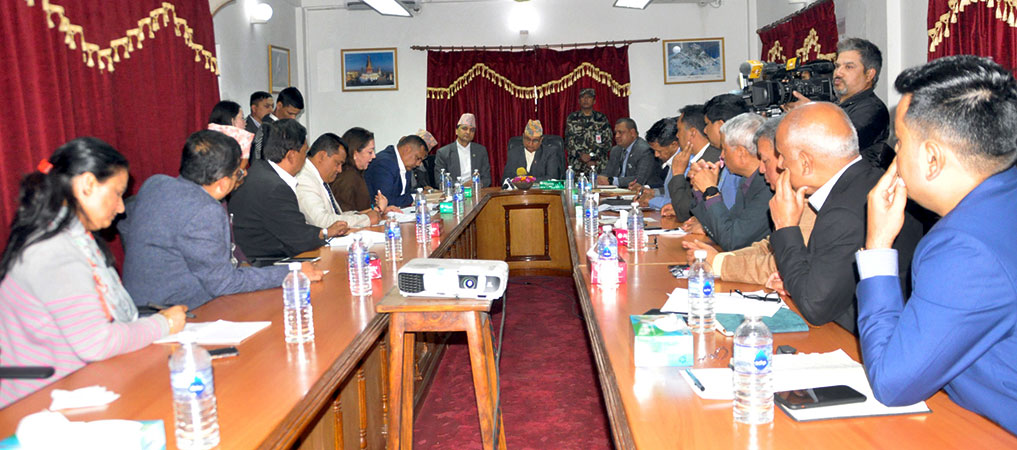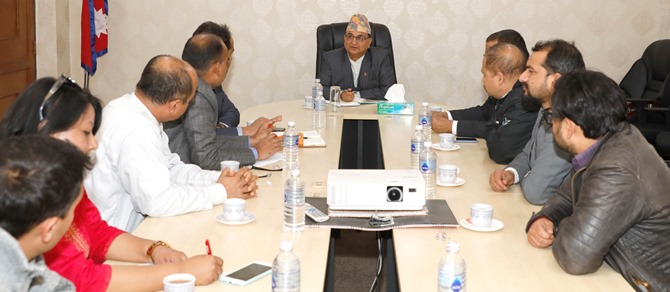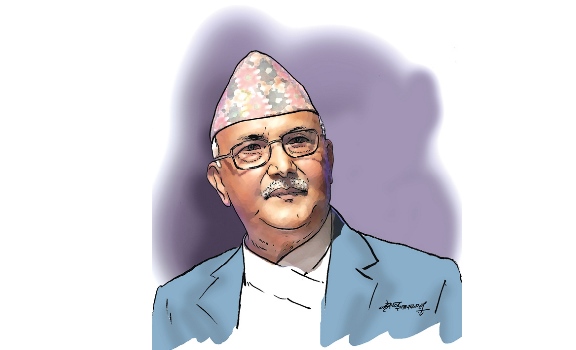Street children face ordeal to receive vital documents

Kathmandu, Feb. 28: Street children of Nepal are facing an uphill struggle to obtain vital documents, including birth certificates.
When 22-year-old Manoj Rai (name changed) decided to choose his career as a martial art tutor, the first thing he needed was a citizenship certificate.
Rai, who is unknown about his parents, was first sighted at the streets of Balkhu at the age of three/four.
After spending months under the open sky and surviving without family support, a local man allowed him to stay with him and provided him food and shelter.
He later worked at a Sankhamul-based hotel, where he learned driving and martial arts.
Rai has been striving for a birth certificate for the last five years after realising that having one was a must to acquire citizenship certificate and get his aspired job.
“My dreams were shattered because I lack legal identity to prove my existence and this severely limits what I can achieve in life. I am informally teaching martial arts, from which I can hardly survive. I also know driving but to get a licence again I need legal documents”, Rai said with a heavy heart.
Rai wasted hundreds of rupees on agents in a hope of easing the administrative hassles to get his birth registered.
Since he is an orphan, the man who took his custody and local club member of Balkhu had reached the ward office several times to help him register his birth, but all their attempts failed.
Recently, SathSath, an organisation lobbying for birth and citizenship certificates for street and orphaned children, has joined their hand in Rai’s struggle. After months of lobbying, the local registrar finally prepared an executive deed, opening the door for him to obtain the vital document.
Exhausted with the year-long struggle, Manoj reaches the Baneshwor-based office of SathSath every two days just to have a glance at others' birth certificates and citizenship certificates.
Sampurna KC, 26 (name changed) was born in Lalitpur. When he was four, his mother separated from his father. His real struggle began at the age of 10 when his mother, the only caretaker, died and he ended up on the streets of Kathmandu.
Sharing his struggle for survival, KC said he later stayed at some shelter homes meant for orphans and received plumbing training. But when he approached job providers, the first thing they asked was his citizenship certificate.
During the process of acquiring the citizenship card, he was asked to submit his birth certificate, as well as his parents’ legal documents. He failed to trace his father and his mother’s family. He only knows that his mother came from Okhaldhunga district. But he has never been there as his mother started living in Lalitpur before he was born.
KC said, “Because I lack vital documents, I have not been able to find a decent job. It closes all the doors of opportunities. I am not allowed to open a bank account and save my earnings. Those whom I trusted to save my earnings had often betrayed me.”
He has no birth certificates, which means he is undocumented and therefore not legally a citizen of his own country.
Obtaining birth certificates is proving difficult for street children, especially for those from second and even third generation homeless families.
Sarita Shrestha (name changed) is a second-generation pavement dweller. She lived with her mother in the street of Kathmandu. She was born on the street and her mother didn’t have any vital documents.
Later, she got married to a guy, who is also a street dweller and gave birth to a girl child. Her husband has legal documents to get her daughter’s birth registered. But they failed, as they were asked for their mother's legal document. Currently, SathSath has been providing legal aid to Shrestha to register her daughter’s birth.
These are only the representative cases that portray the grim reality of the street children and their struggle to obtain vital documents.
SathSath has been looking after 379 such cases. Of these cases, some are orphans, with parents unknown, some were raised by single mothers, some belong to the family without legal documents from generations and some were abandoned by the family.
Namuna Bhushal, head of the child protection division of the National Child Rights Council (NCRC) said the council has received more than 300 applications seeking facilitation for birth registration.
Biso Bajracharya, Executive Director of SathSath said many street dwellers deprived of birth certificates come in contact after they reach the eligible age to acquire citizenship.
“We aim to provide birth certificates to 517 of the most vulnerable children. 138 of them have received birth certificates so far and the remaining are in the process to receive them,” he said.
Informing that there were no such records of those children, he said those staying on the streets and from the poverty belt of slums lack vital documents from generations. People also show no interest in registering personal events due to a lack of awareness.
“To register their birth, they have to return to the place which they were born or where their parents are from. And most street dweller children come from families in remote rural villages. As they have to work daily to earn bread and butter, a journey home could be long and expensive,” said Bajracharya.
“Without birth certificates and legal documents generations of those who live in the street are trapped in a cycle of working in the informal sector, poverty, drug use and low or no education,” he highlighted.
“Even in the case of those orphaned or abandoned children, they lack legal documents of their parents and their extended family doesn’t want to recognise their relationship to the children because that means they will have the right to claim property and other assets,” said Bajracharya.
Registering children at birth is the first step in securing their recognition before the law, hence the government must ensure these rights and hospital or health centre officials should produce birth certificates in the name of mothers, he added.
Advocate Binu Lama said having a name and nationality is a child’s birth right, as enshrined in the Convention on the Rights of the Child and International treaties.
The constitution has also guaranteed the right to name and birth registration of children born in the country, along with their identity.
The Children's Act 2018 and the National Identity Card and Civil Registration Act 2020 have also mentioned the birth of a child can be registered if it is informed by the parent or any other member of the same household.
In the case of orphans, who don't have the necessary documents for birth registration, the local people’s representatives like ward chairman, mayor or deputy mayor of a municipality and chief and deputy chief of a rural municipality can register the child’s birth by standing witness, said Lama.
However, many orphaned and street children are deprived of birth registration certificates under various pretexts. There is a lot of resistance to granting documents to people who live on the streets, she added.
“All these children deprived of birth certificates will be deprived of citizenship once they reach the eligible age of obtaining citizenship,” she added.
Getting a legal identity should not be tough or complicated. All families, including those on the streets, should be given documents so that they don’t have to be stateless, said Lama.
Milan Dharel, Executive Director of NCRC said, “We are strongly advocating solving the problem and working with the government to facilitate an easier process to obtain birth registration.”
This year alone, the council has succeeded in registering the births of around 15 vulnerable children, he added.
Similarly, many orphanages which were not legally registered with the concerned department failed to complete the legal procedure while providing shelter to a child due to which many children were facing hassle to get vital registration.
Furthermore, the council has been working to maintain documentation of the children rescued through the hotline number 104, he added.
“In a bid to secure identification for children, the council has been doing interagency coordination and advocating to reform discriminatory policy,” he added.
There is so much that needs to be done for children and families living on the street and so many stories that need to be counted.
Recent News

Do not make expressions casting dout on election: EC
14 Apr, 2022
CM Bhatta says may New Year 2079 BS inspire positive thinking
14 Apr, 2022
Three new cases, 44 recoveries in 24 hours
14 Apr, 2022
689 climbers of 84 teams so far acquire permits for climbing various peaks this spring season
14 Apr, 2022
How the rising cost of living crisis is impacting Nepal
14 Apr, 2022
US military confirms an interstellar meteor collided with Earth
14 Apr, 2022
Valneva Covid vaccine approved for use in UK
14 Apr, 2022
Chair Prachanda highlights need of unity among Maoist, Communist forces
14 Apr, 2022
Ranbir Kapoor and Alia Bhatt: Bollywood toasts star couple on wedding
14 Apr, 2022
President Bhandari confers decorations (Photo Feature)
14 Apr, 2022


